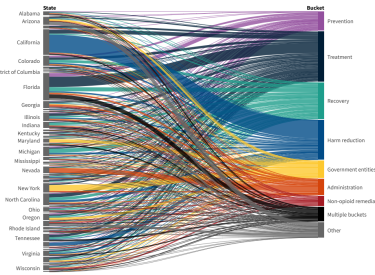
Current Research on Marijuana Use
Current Research on Marijuana Use
Research on how cannabis affects physical and mental health is still happening every day.

As it's still illegal at the federal level, it's harder for scientists to study it with strong clinical trials. That means many claims about health benefits haven’t been fully proven yet.
Some people say cannabis or CBD helps them sleep, but studies show that while it might help at first, it can make sleep worse over time.
This is also true for things like alcohol or sleep medications — they may help you fall asleep, but can hurt your sleep quality in the long run.
Some medical studies have found that CBD may help with pain and nausea, especially in people with serious conditions like multiple sclerosis. In general, CBD seems to be safer than THC, the chemical in cannabis that causes a high.
Expert Groups Weigh In
Most major health organizations say that cannabis use can harm your health, especially with regular or heavy use. They do not recommend using cannabis to treat medical or mental health problems, especially for teens and young adults.
Here’s what some top medical groups say:
-
American Medical Association (AMA): Cannabis is a public health risk. More research is needed before it should be used for medical reasons. They oppose legalizing it for recreational use.
-
American Psychiatric Association (APA): Cannabis is not a proven treatment for mental health issues. In fact, using it may increase the risk of anxiety, depression, psychosis, and addiction. Because cannabis isn’t FDA-regulated, there’s no way to know exactly what’s in each product.
-
American Heart Association (AHA): Even occasionally use can raise your risk of heart problems. A 2024 study found that daily users had 25% higher odds of a heart attack and 42% higher odds of stroke compared to people who don’t use it.



